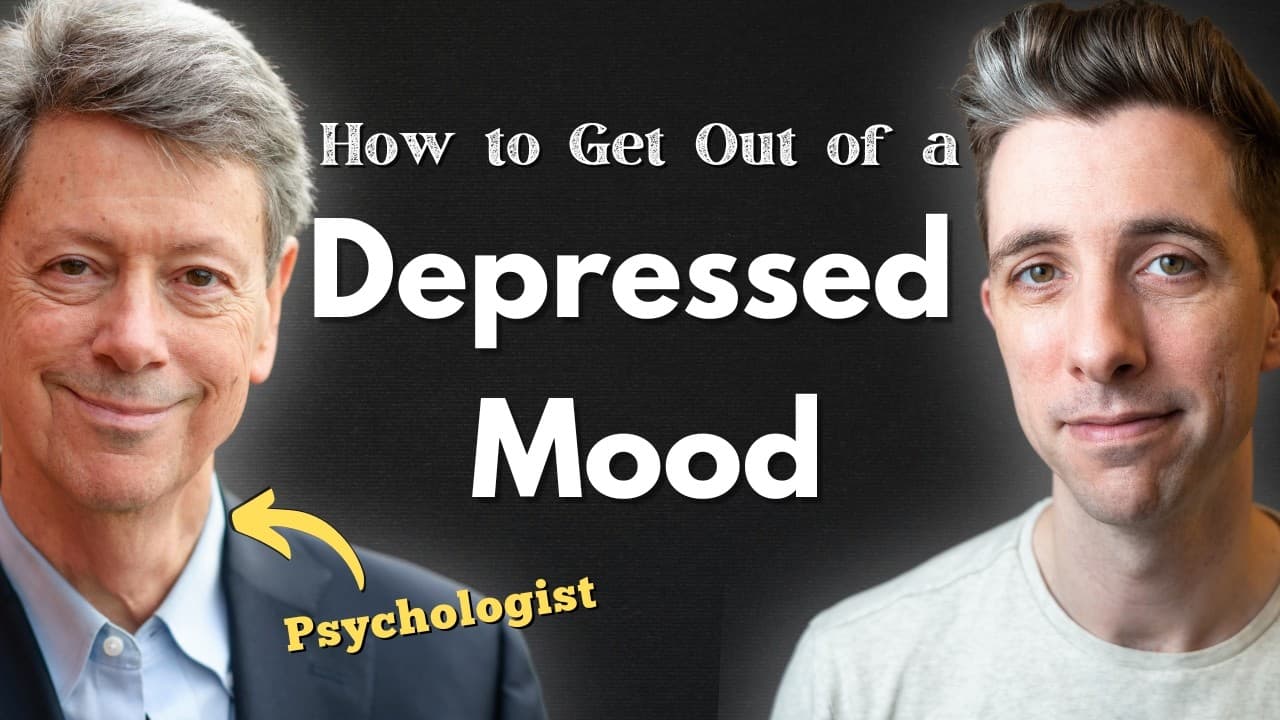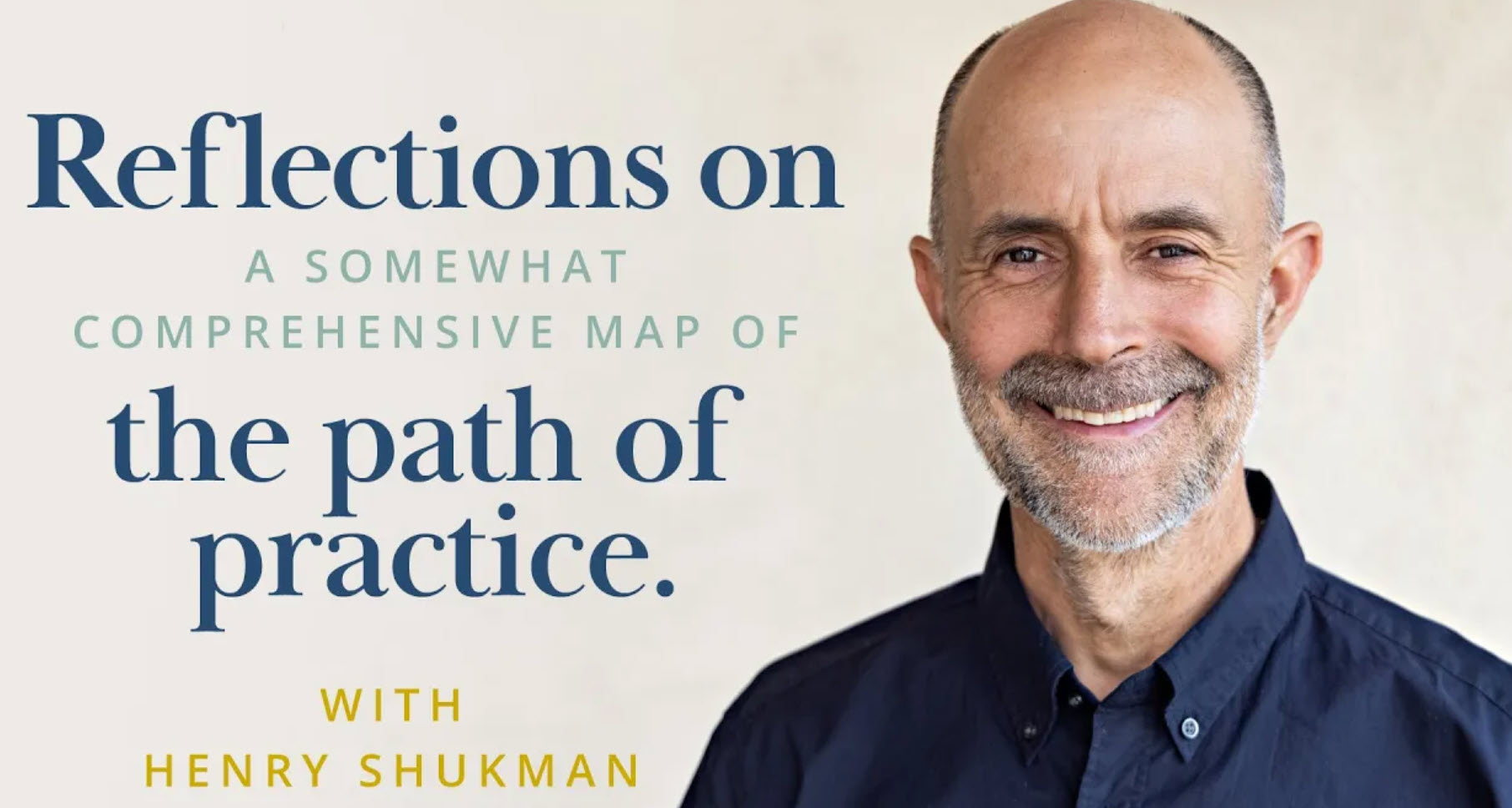Wishing well?
THE PRACTICE: BLESS.
Why?
Lately, I’ve been wondering what would be on my personal list of top five practices (all tied for first place). You might ask yourself the same question, knowing that you can cluster related practices under a single umbrella, your list may differ from mine, and your practices may change over time.
In these JOTs, so far I’ve written about two of my top practices:
- Meditate – Mindfulness, training attention, contemplation, concentration, absorption, non-ordinary consciousness, liberating insight
- Take in the good (in three chapters excerpted from my book, Just One Thing) – Recognize the brain’s negativity bias (Velcro for the bad, Teflon for the good), see good facts in the world and in yourself, be intimate with your experience, have and enrich and absorb positive experiences (turning mental states into neural traits, good moments into a great brain), let positive soothe and replace negative
My third practice is bless, which means seeing what’s tender and beautiful, and wishing well. (For some, this word has religious connotations, but I’m not using it that way; for more on this subject, see my free video series on the Compassionate Brain.) Blessing includes compassion, kindness, appreciating, honoring, non-harming, warmth, cherishing, and love; you can see I’m using this word broadly. It’s leaning toward pain rather than away, helping rather than harming, giving rather than withholding, opening and extending rather than closing and contracting, wishing well rather than ill, delighting in rather than finding fault. You can bless others, the world, and yourself – and any parts of any of these.
Blessing is obviously good for others and the world, and that’s plenty of reason to offer it. As a bonus, it’s also good for you. It strengthens gratitude and gladness, opens your heart, deepens connection, and tends to evoke good treatment from others. You experience people and the world as blessed rather than threatening, disappointing, or rejecting. By blessing, you feel blessed.
Get Tips Like This Delivered Right to Your Inbox
You can unsubscribe at any time and your email address will never be shared or sold.
How?
Deliberately feel warmly toward someone while wishing him or her well – that he or she not suffer, and be truly happy. Also be aware of a benevolence toward others, looking for good things in them. Use this to know what the act and the attitude of blessing feels like, and to take in the experience of it so you can call upon it in the future.
To bless someone, see their goodness, efforts, hopes, suffering, and what’s neat about them. Let yourself be touched, moving past the idea and the should of blessing to the experience itself. Feel a warmth, a kindness. You can express good wishes with actions – a touch, a door opened, a charitable gift – or words (e.g., “may you be at peace, may you be loved”), or inside your heart alone.
Blessing means not harming, hurting, criticizing, or dismissing; if any of these is present, blessing isn’t. Don’t let blessing feed a subtle superiority, the bless-er who is better than the bless-ee. Let others be who they are, and don’t presume you know what they need. In the moment of true blessing, there’s little if any sense of self, of I-me-mine. You bless for them, not for yourself.
Bless people you know, and also bless strangers. It’s powerful to look at someone passing on the street, get a sense of the person, and then wish him or her well. See what happens when you bless people who have really helped you, friends and family, even people who are difficult for you. See what it’s like to deliberately offer compassion, kindness, prizing, or love. You can also bless parts of yourself – your pain, your darkness, your light – as well as yourself as a whole.
Do blessing deliberately. And over time, be blessing. It becomes where you come from, your ground and natural inclination.
You can be pressed and stressed and still bless. Find your warmth and good wishes amidst the mental clutter, like hearing wind chimes outside amidst storm and rain. But also take care of yourself. It’s hard to bless if you feel bad. Blessing does not mean approving; you can wish people well while also disengaging from them.
Fundamentally, blessing means treating another person as a “thou” not an “it,” not a means to your ends. Think of “thou” as a verb. To bless people is to thou them.
Know Someone Who Could Use More Blessing?
Use the buttons below to share this article via social media or email.



